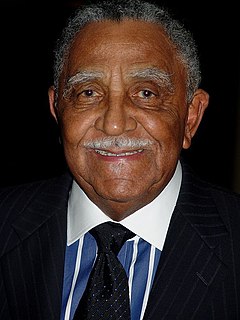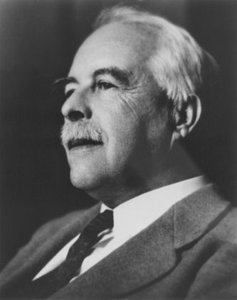A Quote by Dan Lipinski
And when these advances are made, hydrogen can fill critical energy needs beyond transportation. Hydrogen can also be used to heat and generate electricity for our homes. The future possibilities of this energy source are enormous.
Related Quotes
But we must also look at renewable heat technology. More combined heat and power schemes, putting waste heat to better use. More district heating schemes. And more electric air and ground-source heat pumps, drawing warmth from the outside world to heat the indoors. Better insulation, smarter homes, and more efficient heating can help us cut our energy demand.
When I look at the many energy-using sectors - such as businesses, households, electricity generators, the transportation sector - I see that the business sector is the one which uses the energy efficiency potential the highest, because they know that using energy more efficiently will also reduce their costs.































